Madrid's regional authorities will publish a decree later today to put the Spanish capital and nine nearby towns under partial lockdown, with immediate effect, a source from Madrid's regional government has said.
By publishing the decree, the conservative-led regional government will reluctantly comply with an order from the Socialist-led central government to ban non-essential travel to and from the city to fight a steep surge in Covid-19 cases.
It had so far not been clear when the lockdown would start.
Madrid region chief Isabel Diaz Ayuso, who is against the partial lockdown, is due in parallel to appeal to the country's tribunals to lift the restrictions as she is worried about the impact of a broader shutdown on the economy.
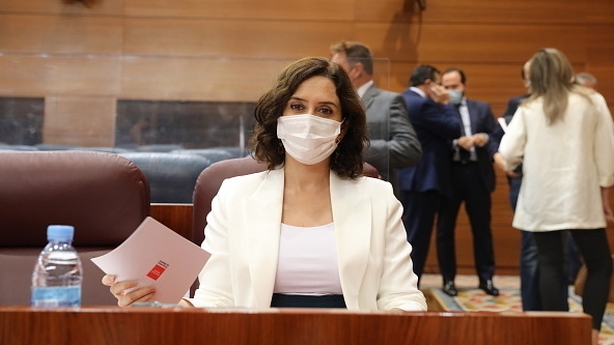
With 859 cases per 100,000 people, according to the World Health Organization, the Madrid region is the worst Covid-19 hotspot in Europe and the central government, backed by a number of other regions, decided to step in after a bitter spat with local authorities.
With the new restrictions, 4.8 million people in Madrid and nine nearby municipalities will see borders closed to outsiders for non-essential visits, with only travel for work, school, doctors' visits or shopping allowed. A curfew for bars and restaurants will be moved to 11pm. from 1am.
Poland's daily virus cases exceed 2,000 for first time
Poland's daily coronavirus cases have topped 2,000 for the first time, the latest record in a surge in infections that has raised the possibility that tougher restrictions will be introduced in the country.
Having weathered the first wave of the pandemic better than most western European neighbours, Poland has seen daily infection rates spike, with more than 1,000 new cases each day over the last week.
The country of 38 million reported 2,292 daily coronavirus cases and 27 deaths related to Covid-19 today, the health ministry's Twitter account said. In total, Poland has reported 95,773 cases of the coronavirus and 2,570 deaths.
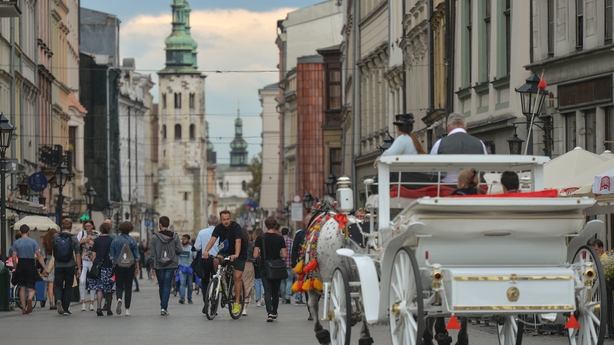
While in the earlier stages of the pandemic, infections were concentrated mainly in the industrial south, recent data has shown high infection rates in central and northern Poland as well.
On Thursday, the government updated its list of red and yellow zones - areas that have more cases and therefore tougher restrictions - which will come into effect tomorrow. The zones include the northern cities of Gdansk, Sopot and Gdynia, as well as the city of Szczecin
Australia to open up to New Zealanders after shutdown
Australia will within weeks allow residents of New Zealand to enter the country without having to quarantine, Deputy Prime Minister Michael McCormack has said.
In March, Australia closed its borders to all non-citizens and non-permanent residents to slow the spread of Covid-19.
New Zealand citizens and residents will be allowed to travel to Australia's most populous state New South Wales and its remote Northern Territory from 16 October without having to undergo a two-week mandatory quarantine, which is required of all Australians returning from other countries.
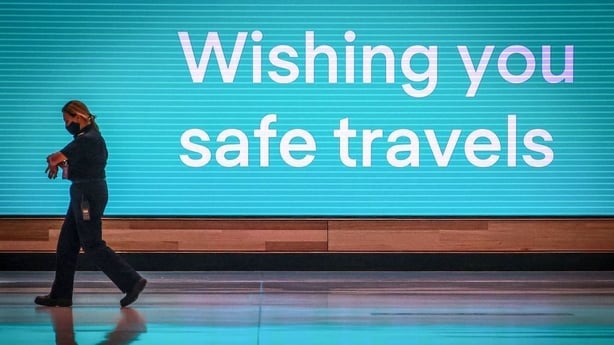
"This is the first stage in what we hope to see as a trans-Tasman bubble between the two countries," Deputy Prime Minister Michael McCormack told reporters in the capital Canberra.
New Zealand has effectively eradicated Covid-19, reducing the threat of additional infections in Australia.
While Australia has eased restrictions on its closest neighbour, New Zealand Prime Minister Jacinda Ardern said those who travel to Australia would have to quarantine on their return.
She also said New Zealand would not open its borders to Australians for now.
New daily coronavirus infections in Australia's hotspot state of Victoria have fallen to a near four-month low, authorities confirmed.
Officials said seven people have been diagnosed with Covid-19 in the past 24 hours, down from 15 yesterday and near the four-month low of five cases reported on 28 September.
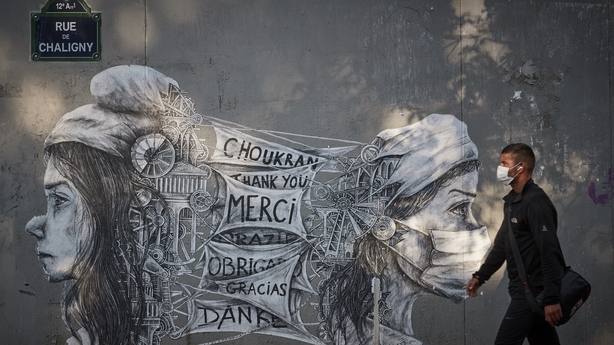
Paris faces maximum alert
French authorities may place Paris on maximum virus alert as soon as Monday, potentially requiring all bars to close as the number of Covid-19 cases continues to increase, according to Health Minister Olivier Veran.
The capital and its closest suburbs, comprising nearly seven million people, have already breached the maximum alert thresholds, Mr Veran according.
South Africa, Peru resume international flights
The first regional and international flights landed in South Africa, as its borders reopened after a more than six-month shutdown to limit the spread of the coronavirus.
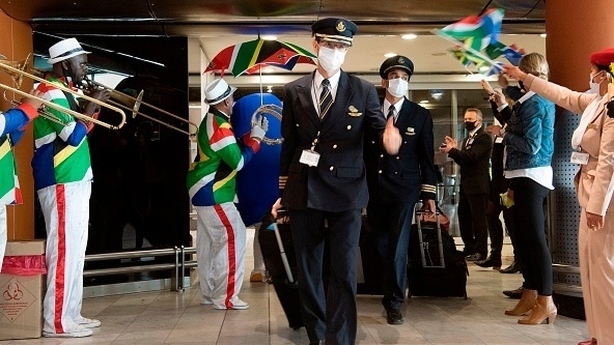
Peru will reopen its international airspace after three months of closure on Monday, restoring links with seven Latin American countries.
Canada extends ban on non-US entries
Canada has extended a ban on non-essential non-US international entries until the end of this month, amid a second wave of infections.
The United States has a separate relationship with Canada under which non-essential travellers are not allowed into Canada but essential workers can get across the border. That arrangement expires on 21 October.
Read more:
Latest coronavirus stories

